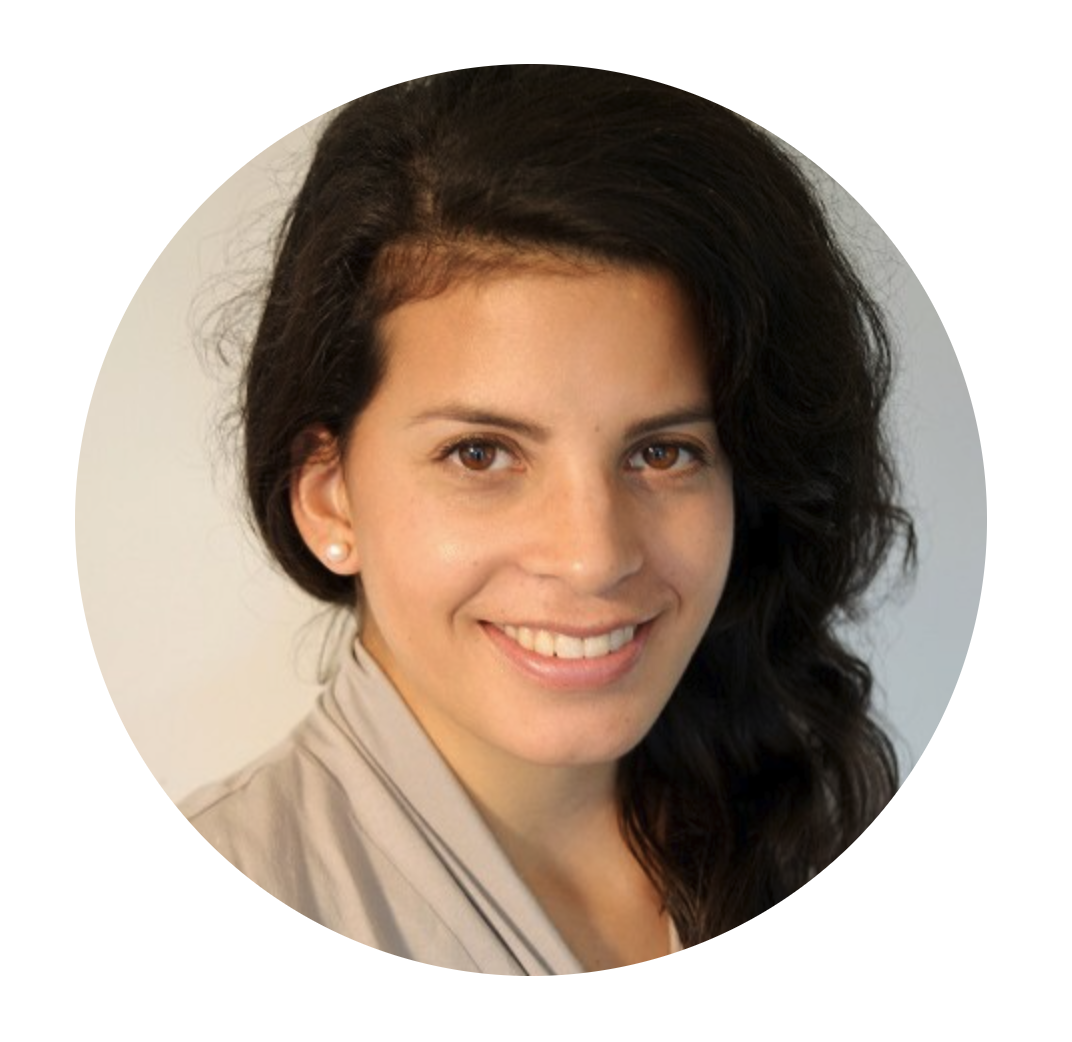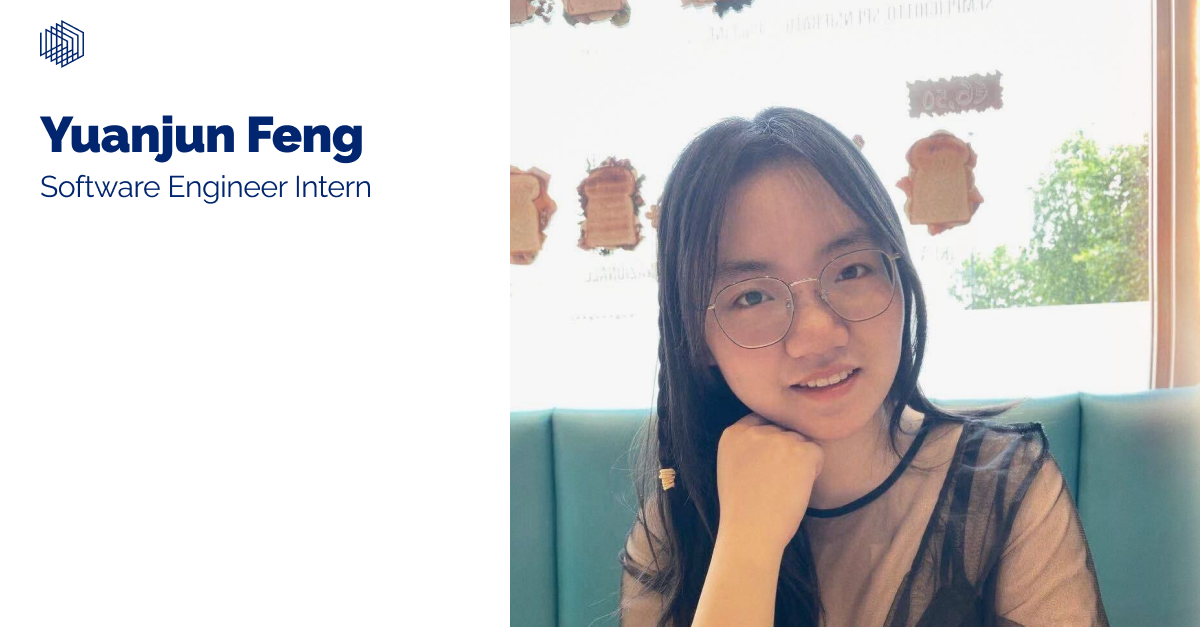In this post, Yuanjun shares how she became an intern at Legartis, talks about the application process, and her insights on day-to-day operations at a legal tech startup. Learn more about why the legal tech industry offers promising career opportunities and what makes programming and machine learning so exciting.
Who is Yuanjun?
I finished my bachelor’s degree in China and obtained a dual bachelor’s degree in Energy Engineering and Finance. After graduation, I relocated to Lausanne for my master’s program in MTE (Management, Technology, and Entrepreneurship) at the EPFL.
The logic of programming and the magic of machine learning fascinated me already during the data science courses at university. In order to gain more practical experience, I decided to do an internship. This is what eventually brought me to apply to Legartis.
Besides having working experiences across different fields, including engineering, management consulting, and blockchain, I am also passionate about exploring my potential and am not afraid of any obstacles ahead. Playing video games and table tennis are my favorite activitiess in my spare time.
How did you approach the job search?
As part of my master studies at EPFL, I need to complete an internship of six months to gather valuable practical experience. Due to my interest in programming as well as my project experience, my goal was to complete an internship in the field of programming, more specifically machine learning. Also, I wanted to relocate to Zurich as it always shows great acceptance and support to overseas students.
This decision proved very helpful later, guiding me to do efficient searches on LinkedIn, jobs.ch, and EPFL and ETH job platforms. I felt that the job market is rather competitive, so I was trying to think outside the box.
Thus, I approached companies I had researched prior and sent direct applications to their talent pool or to HR, albeit no suitable position was advertised. These companies were particularly interesting to me because they had businesses built in promising areas and had supportive working cultures. That also applied to Legartis: I just took a leap of faith and uploaded my CV to Legartis’ talent pool which eventually paid off.
Why did you apply to Legartis?
There are various reasons why I applied to Legartis. As a promising legal -tech startup with its business supported by NLP (natural language processing) technique, Legartis caught my eyes early in my job search. NLP has relatively mature algorithms and broad application areas, I’m excited to see its magic in the real business cases.
It was important to me to be involved in the day-to-day business with many touchpoints with colleagues from different areas, as I felt this would provide me the best learning opportunities. A steep learning curve and personal growth are essential to me, as I want to fill my CV with valuable experience. Also, I noticed from the website that Legartis has a flexible and innovative working style. The structure of the team is flat, which means I can always expect instant feedback or help from anyone on the team. I believe my experience can make a difference to this multinational team.
How did you prepare for the interviews?
I usually take interviews as a chance to improve my skills. On the Legartis website, the entire interview process is clarified, so I prepared based on its instructions. In the first round, I got to meet Seraina from HR. Based on the email conversation thus far, I had an understanding of the goal of this chat. In the second and third round, I talked to Martin, NLP Lead at Legartis, and Bojan, Team Lead of the whole development team, from whom I received an overview of my possible future tasks and with whom I conducted a programming test. In the last round, I got the opportunity to meet Gordian, CTO at Legartis, which was a great opportunity to learn more about the company.
Interviews are a two-way selection and learning process. For technical interviews specifically, I recommend practicing beforehand with algorithms or programming languages (e.g. via Leetcode). For non-technical interviews, I very much recommend following the STAR Method to phrase out our answers.
Can you describe your everyday work day at Legartis?
I normally have my first meeting of the day with our stand-up at 9:20, where all team members briefly report their current tasks. My thesis project is on the leaderboard together with other company tasks, so I also have the chance to share my challenges or blockers I experience. This is a big opportunity to receive advice from the whole team. Usually after the meeting, my manager Martin and I discuss my tasks, which I should implement in the following hours or days. A helpful addition: My working journal. It gives us the opportunity to review my progress and adjust the planning every two weeks.
How was your onboarding experience?
I received warm welcomes from my colleagues. I got to sit down with almost everyone at Legartis to truly understand all the areas. At Legartis, several teams collaborate to bring the product to the clients. Thanks to Legartis’ onboarding, I received answers about how the interactions were conducted between teams, and how they maintain the stability of the product.
My manager patiently instructed me to set up the environment and get familiar with the pipelines. My onboarding experience at Legartis made me feel the comfort of the environment and the freshness of the work content.
For anyone going through onboarding, my advice is to actively get involved. No matter whether it is a 2-hour technical hackathon or a 10-minute coffee break, they are all good boosters to your integration into the company.
Parallel to your internship, you are also writing your Master thesis. How do you manage that?
Thanks to my manager, I feel comfortable switching between being an intern and a student. On the one hand, he arranged for the seniors in the company to guide me in learning the company code framework; on the other hand; he also gave me enough time to think and design experiments for the thesis. Sometimes I used the extra time to review and learn relevant knowledge to keep myself on track and productive.
What do you want to get out of this experience?
This is my first long-term internship overseas, so I take it seriously and have high expectations. Legartis is an ideal place to learn how a professional workspace operates. I want to figure out where my likes and ambition lie, which is crucial to my career.
What are your long-term career goals?
I see myself increasing professional knowledge in the machine learning area. My goal is to become an excellent Machine Learning Engineer and to continue to work for innovative start-ups developing cutting edge technologies.
What advice do you have for other students?
I can only recommend thinking about what you want to get out of your internship and do your research accordingly. I was specifically seeking out companies that adopt techniques and work on technologies of my interest. Instead of getting discouraged when no internship was advertised, I grabbed the chance to get as many interviews as possible to learn from that experience.
Working for a start-up brings so many opportunities for building a network, learning from your team, gaining professional experience and building your resume. My advice: Make the most out of your internship and make sure to never stop being curious.
Recommended Articles
Swiss Prime Site: AI to Analyze Over 1’000 Contractual Relationships
The Jelmoli department store on Zurich's Bahnhofstrasse is being closed. For the operating real estate company, Swiss Prime Site (SPS), the closure represents an enormous..
Legartis and Implenia Enter AI Partnership for Contract Reviews
Zurich, 2 April, 2024 – Legartis, the pioneering DACH-region company in the field of Artificial Intelligence (AI) for contract reviews, today announced its collaboration with..


